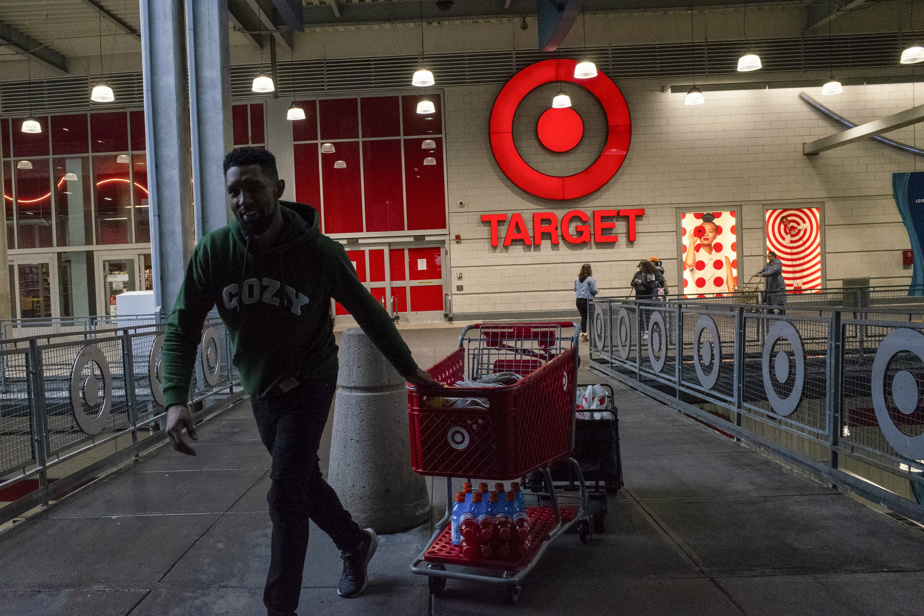US retailer Target announced the closure of nine stores in four states, citing rising thefts and the threat to the safety of its employees and customers.
One of the stores is in East Harlem, New York. The others are spread across San Francisco, California, and Seattle and Portland, Oregon.
“We know our stores play an important community role, but we can only be successful if the working and shopping environment is safe for everyone,” Target said in a statement.
During an earnings conference call in August, Target CEO Brian Cornell lamented the “unacceptable number of store thefts by organized criminals.” He noted a 120 percent increase over five months in Target thefts involving violence or threat of violence.
Other retailers, such as Macy’s and Dick’s Sporting Goods, have also warned Wall Street about the impact of the thefts on their businesses.
On Tuesday, the National Retail Federation released its annual survey of major brands, which found that “unknown markdown” – the value of merchandise that disappears from stores without being paid for (theft, damage or inventory tracking errors) – has increased to 1.6% of sales in 2022, up from 1.4% in 2021. The average shrink rate was 1.6% in 2019 and 2020.
According to the survey, 36% of these losses come from theft, 29% are attributed to employee theft, and 27% come from control failures and errors.
Shrinkage has only risen to 2019 and 2020 levels, but some retailers say theft is more worrisome: This year, two-thirds of respondents report an increase in violence and aggression among thieves in organized gang.
In May, Michael Fiddelke, Target’s chief financial officer, said that if the trend continued, shrinkage would take $500 million off profits. Target has increased its spending on security, including hiring security services.
According to some unions, store employees have been dealing with aggressive customers and criminal acts, including assaults, more often since the start of the pandemic.
Additionally, most retailers do not disclose crimes committed in their stores. It is difficult to assess their frequency.
We have also seen retailers backpedaling on the seriousness of shoplifting. Such is the case with Walgreens, which said in January, “maybe we cried too much last year” about this.
The leaders, who have spoken publicly about theft by organized gangs, are calling for help from the state and police to solve what they describe as a broader problem. Target has asked elected officials to support a bill that would create a task force of federal agencies to tackle retail crime.
The company also said it is inviting members of Congress, state officials and local partners to its stores to educate them on how it is trying to solve the problem.
According to Target, there have been other threats to the safety of its employees this year. In some cities in May, the company changed its Pride Month displays: merchandise was moved to the back of stores after customers shouted protests to employees.
Despite the nine closures, scheduled for October 21, Target points out that there are other places nearby where people could shop. “Eligible” employees will be offered jobs at other Target stores, management said.
